Research updates
New article on digital cultural participation in Europe
The Journal of International Communication has just published a new INVENT article co-authored by Susanne Janssen, Nete Nørgaard Kristensen, Marc Verboord Franziska Marquart, and Guiseppe Lamberti. Using representative 2021 survey data from nine European countries, the study analyzed Europeans’ digital cultural participation, identifying three key dimensions: cultural information and access, audiovisual entertainment, and content creation and sharing. Our analysis examined
Understandings of culture: A European bottom-up study using structural topic modeling
We are proud to present a new INVENT publication led by Ossi Sirkka and co-authored by Simon Walo, Semi Purhonen, Marc Verboord, Susanne Janssen, and Philippe Bonnett. This study opens up an empirical exploration into how ordinary people perceive the meaning of culture and what are its sociopolitical implications. Drawing on original survey data from over 11,000 respondents across nine
Who supports the new left? Evidence from Croatia
After decades of limited leftist activity in Croatia, new social movements have emerged, offering viable political alternatives. In this paper, Valentina Petrovic from the Swiss INVENT team, examines the electoral support for the New Left using data from the INVENT 2021 survey. The findings indicate that the New Left is more popular among younger, urban, and culturally liberal individuals, who
Perceptions of shared European culture increase the support for the European Union
Political theorists debate whether a European identity rooted in shared cultural values is a necessary foundation for deeper integration within the European Union (EU). A new article by the INVENT team explores this issue through a constructivist lens, examining how Europeans perceive their shared culture and its relationship to their support for the EU. Specifically, the authors investigate: (a) whether
100+ new entries added to European Inventory of Societal Values of Culture
One of the major outputs of the INVENT project is a dynamic, interactive e-dictionary of pluralistic, inclusive cultural policies aiming at a social turn in cultural policy. In the era of directionless search engines, the European Inventory of Societal Values of Culture https://inventory.inventculture.eu/ stands out as a dependable resource for policymakers, researchers, cultural practitioners, and interested individuals seeking to acquaint
New publication: Cultural practices and socio-digital inequalities in Europe
INVENT members Predrag Cvetičanin (Serbia), Lucas Page Pereira (France), Mirko Petrić (Croatia), Inga Tomić-Koludrović (Croatia) , Frédéric Lebaron France), and Željka Zdravković (Croatia) have published a new article in Cultural Sociology. The article proposes a unified research framework to examine how social and digital inequalities impact various cultural practices, including offline and online art-related and everyday activities. Unlike traditional research, which studies these areas independently, the authors argue for
INVENT presentation for media scholars and practitioners at Communication Science Conference in Rotterdam
Marc Verboord presented a new study from the INVENT project at the Etmaal 2024 conference in Rotterdam. The conference is the largest annual Communication Science conference in the Netherlands and Flanders. Erasmus University’s Department of Media and Communication hosted the conference, which was attended by over 400 media scholars, educators, policymakers, and practitioners. The presentation was titled: “Media Use, Cultural
Successful presentations by Mirko Petrić on cultural inequalities and the crucial role of cultural funding
Two recent presentations by Mirko Petrić of the Croatian INVENT team have drawn significant attention and acclaim, highlighting perceptions of cultural inequalities across Europe and the need to finance culture. The first presentation, titled How citizens of nine European countries perceive inequalities in culture?, was held as an online lecture on January 31st, 2024. Organized by the Croatian Sociological Association
New INVENT article: Cultural practices and political values in Finland
Sara Sivonen and Riie Heikkilä from the Finnish INVENT team published a journal article, in which they explored the limits and boundaries between cultural practices and political values in contemporary Finland. The article was published by the European Journal of Cultural and Political Sociology. Cultural practices exhibit clear social stratification while also being intertwined with political values, with previous research
New research alert: Religiosity in Croatia and Serbia
Danijela Gavrilović, a member of the Serbian Invent team, recently published an article titled “A Comparative Analysis of Religiosity in Croatia and Serbia,” in Sociologija. In her research, Gavrilović explores various dimensions of religiosity, including denomination, self-declared religiosity, and religious practices, among the citizens of Croatia and Serbia. Utilizing data from empirical studies conducted over the past fifteen years, such

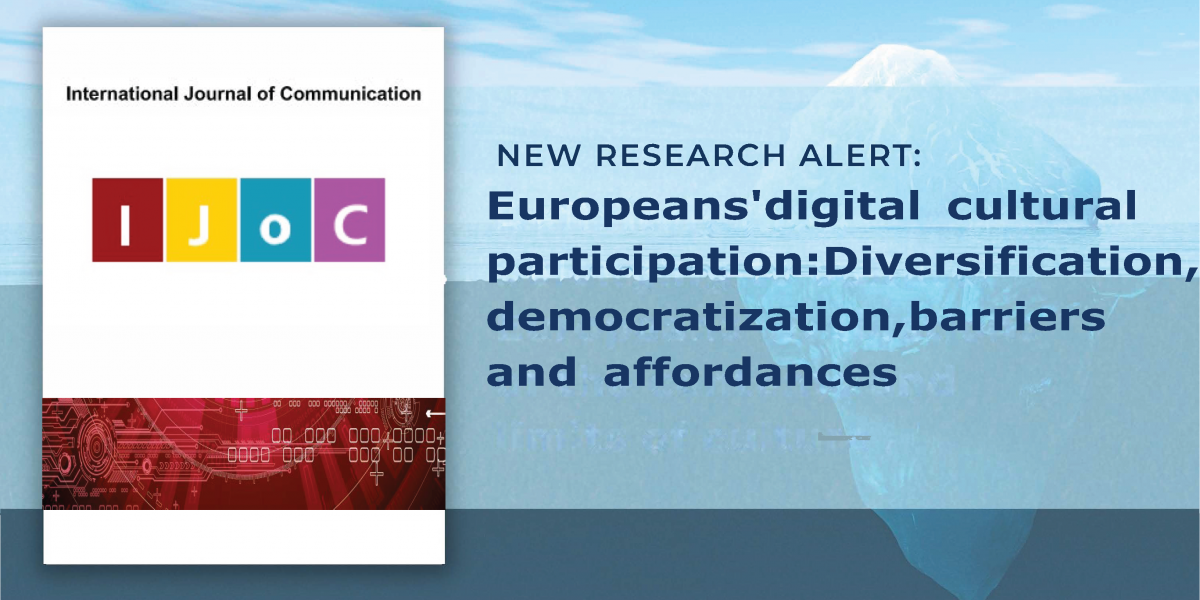
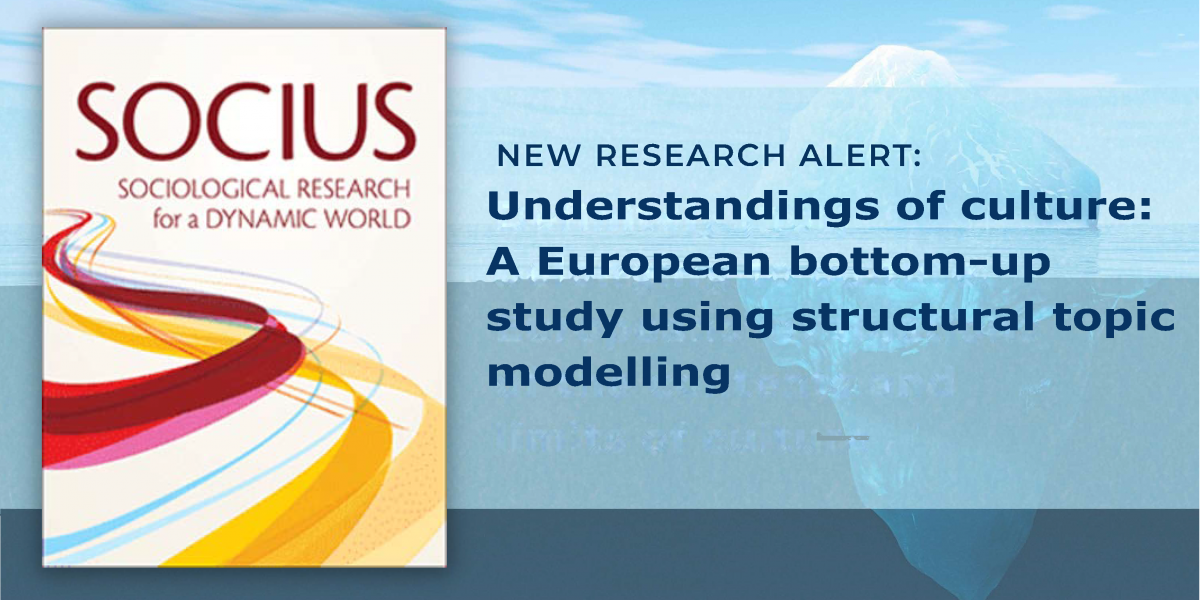
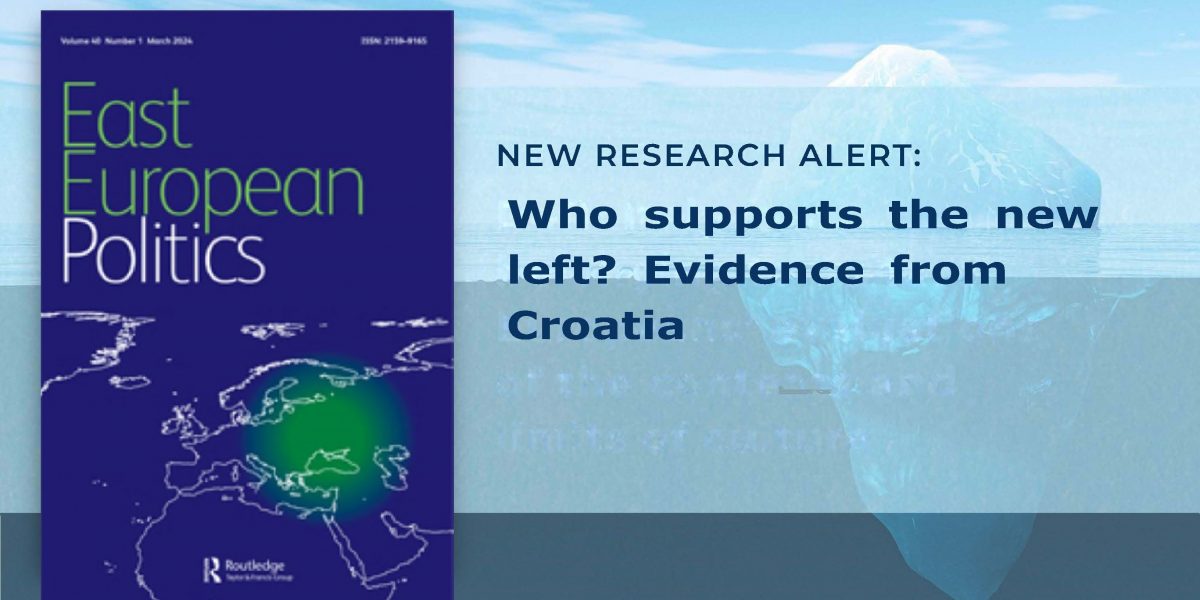
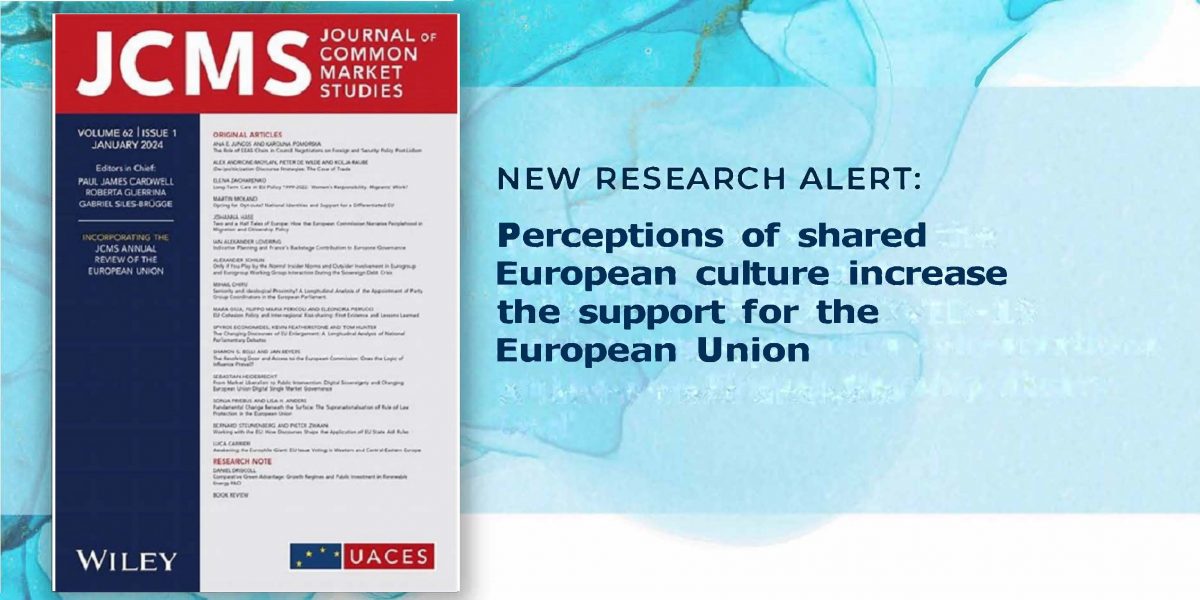
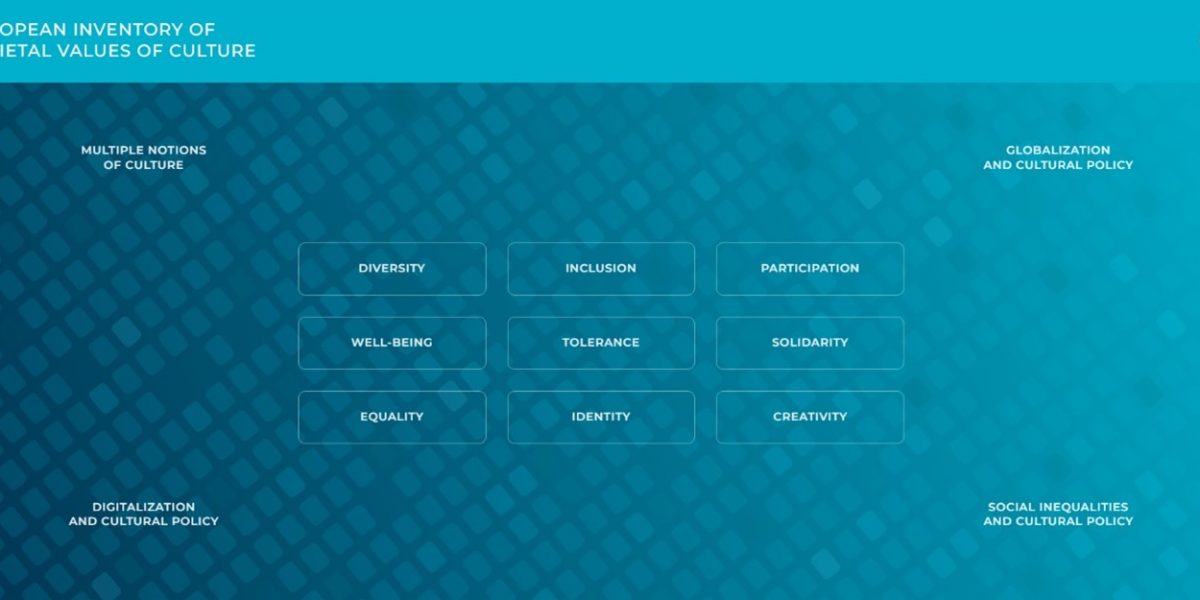
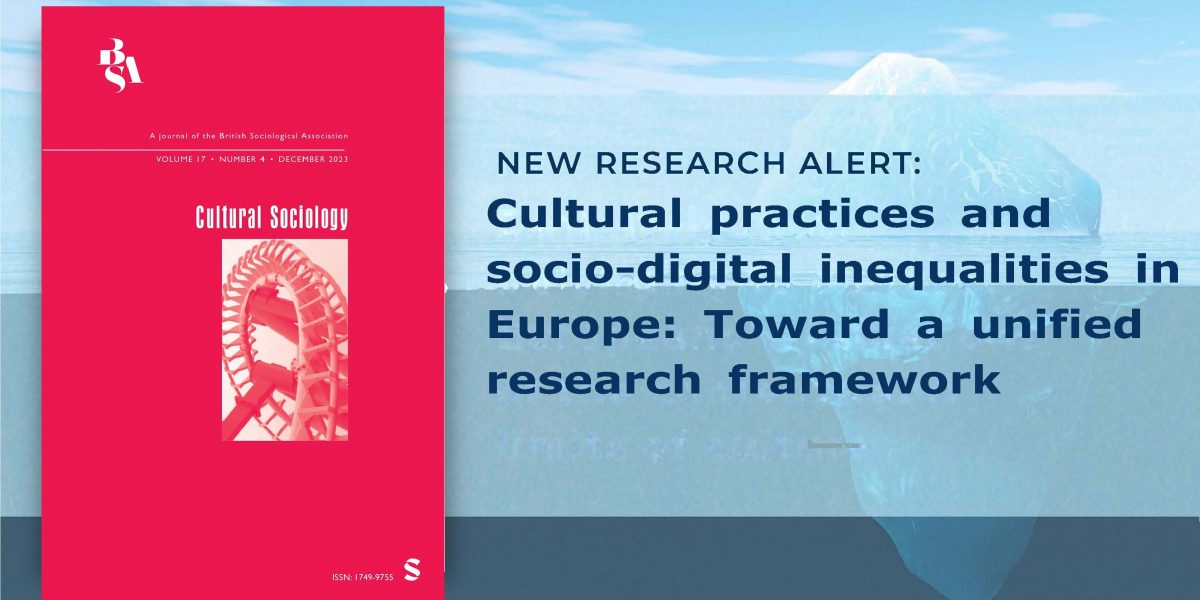
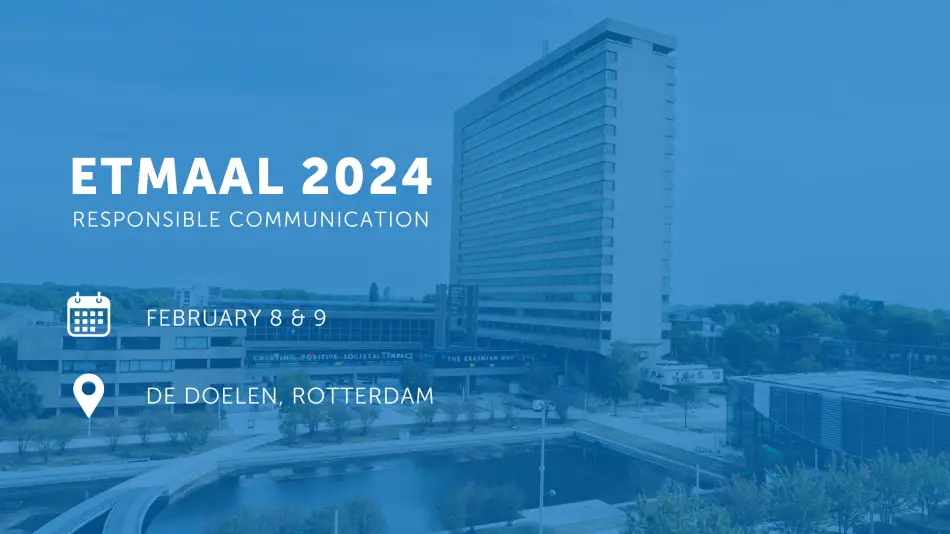
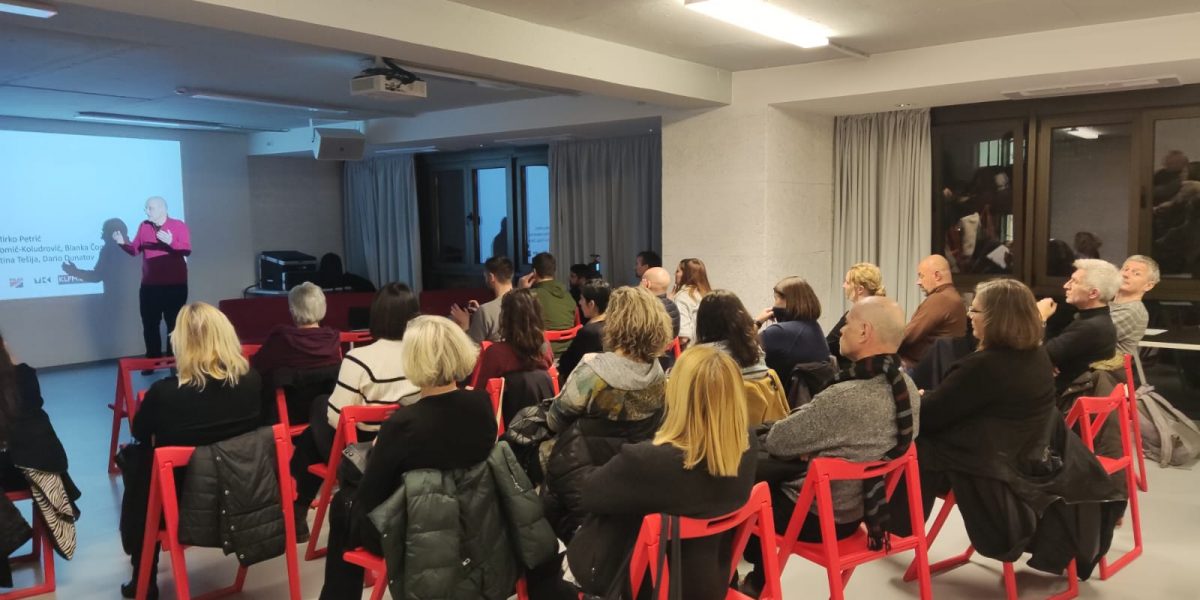
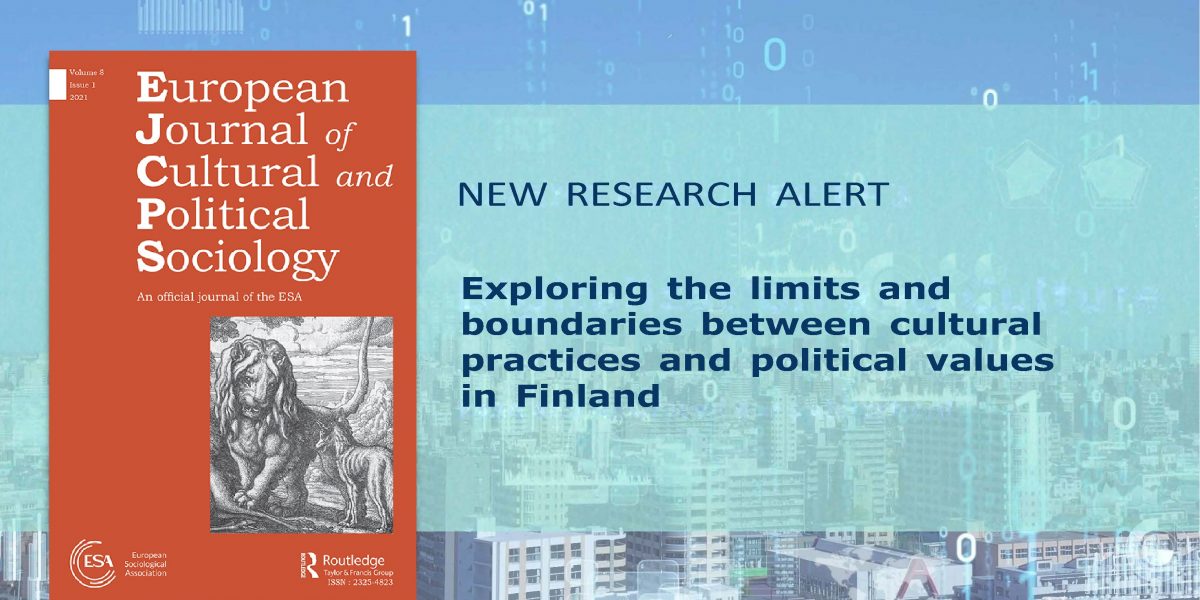
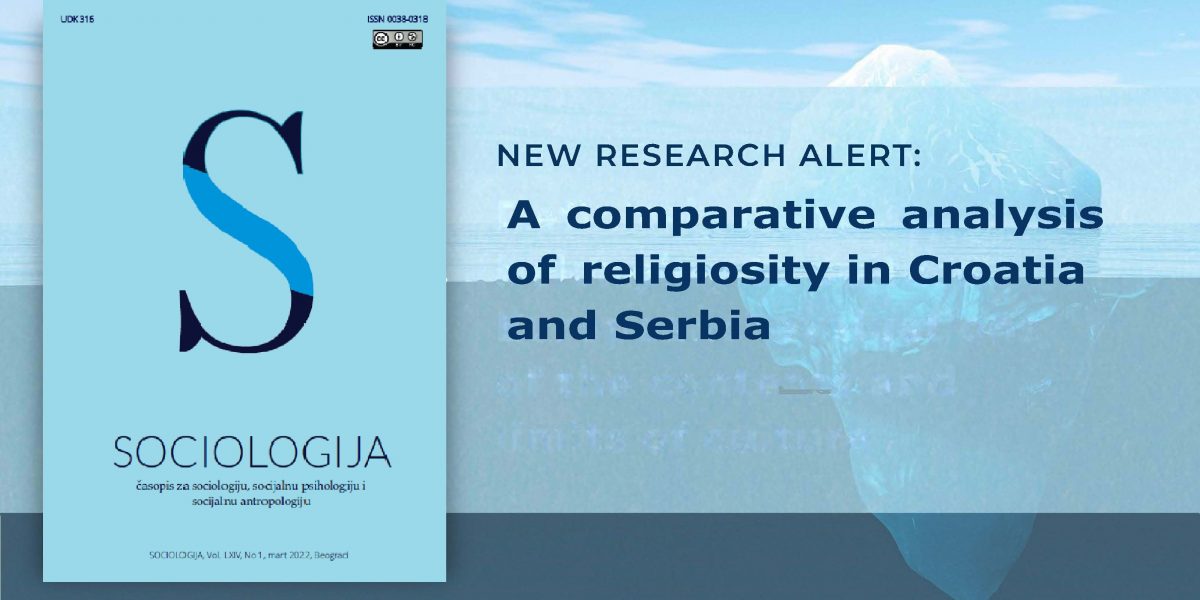

 This project has received funding from the European Union’s Horizon 2020 research and innovation programme under grant agreement No
This project has received funding from the European Union’s Horizon 2020 research and innovation programme under grant agreement No